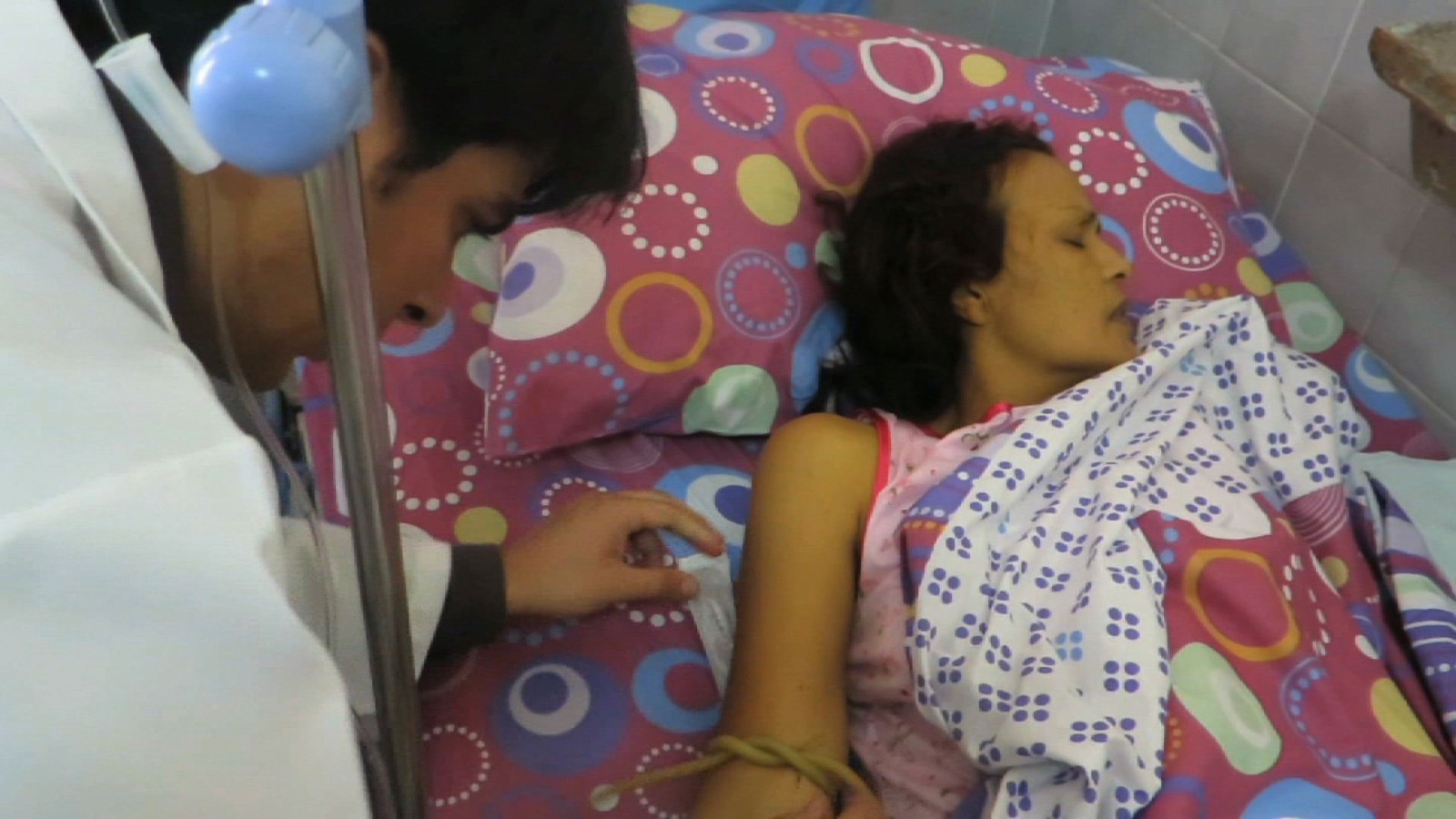Many other countries have also seen their numbers either rise or plateau, according to the World Health Organization's 2018 World Malaria Report, released Monday.
Globally, malaria numbers rose slightly: 219 million cases in 2017, compared with 217 million in 2016.
"No significant progress in reducing global malaria cases was made" between 2015 and 2017, the report states. Before then, the number of people contracting the disease globally had been falling.
The 10 highest-burden countries in Africa saw a significant increase in cases. Nigeria, Madagascar and the Democratic Republic of Congo had the greatest rise, reporting an extra half a million cases each.
Across the 10 countries -- including Tanzania, Mali, Burkina Faso, Cameroon, Ghana, Uganda and Niger -- there were an extra 3.5 million people diagnosed with malaria in 2017 over 2016.
"We're no longer seeing a decrease in malaria as we were over the past few years," said Alistair Robb, senior adviser for WHO's Global Malaria Programme. "This is a concern."
WHO's region of the Americas also saw a rise in malaria cases, mostly due to increases in Brazil, Nicaragua and Venezuela.
Malaria is a parasitic disease transmitted through the bite of female Anopheles mosquitoes. It is both preventable and treatable, yet an estimated 435,000 people died of it worldwide in 2017. The African region accounts for 92% of all cases, according to the report.
Some countries had a significant decline in the number of reported cases, most notably India, Pakistan, Ethiopia and Rwanda. India reported 3 million fewer cases and Rwanda 430,000 fewer cases in 2017, according to the report. Experts are heralding these countries as examples, particularly for those countries with increasing cases.
Success in these four countries came down to political commitment, reaching marginalized populations and efficiently using resources, such as bed nets and drugs, Robb explained. In many parts of Africa, "large numbers of people still do not have access."
In the high-burden African countries, the people most in need -- marginalized and vulnerable communities -- are unable to access treatment and prevention resources, he added, leaving them prone to infection. In 2017, an estimated half of the people at-risk of the disease in Africa did not sleep under a treated net, according to the report.
"We have distributed tools where we can," said Dyann Wirth, professor of immunology and infectious diseases at the Harvard T.H. Chan School of Public Health. Now, strategies should be rethought, as there are issues to address differently, she said.
"If we just keep doing the same thing, we risk having a significant rebound," Wirth said.
Maintaining -- not sitting on -- success
"You can't be complacent," Robb added, citing Nicaragua and Venezuela, which have seen a rise in malaria cases for the past three years, and Brazil the past two years.
Venezuela saw the great increase on the continent, with 411,000 cases in 2017, up from 136,000 in 2015.
However, South America as a whole has a low burden of malaria -- less than 2% of the global burden -- resulting in a different transmission pattern, Robb explained.
People there have less natural immunity to malaria, he said, making them more susceptible as a population. A failure to maintain resources there can cause a significant rise in the number of cases.
"The introduction of an infected person can start an outbreak," Wirth said.
When levels are also low, the perceived risk is reduced, she explained, so people may be less likely to use bed nets to protect against mosquito bites, for example. "Paying attention is important."
Wirth gave the example of Sri Lanka, which had extremely low levels of cases in the 1960s but saw them bounce back in the 1970s and 1980s. "It took 35 years to eliminate it again." Sri Lanka was declared malaria-free in 2016.
Venezuela now faces the same challenge, she said.
"It's very important we recognize that progress has stalled," Wirth said. "The countries reporting a rise in cases are an early warning."



No comments:
Post a Comment